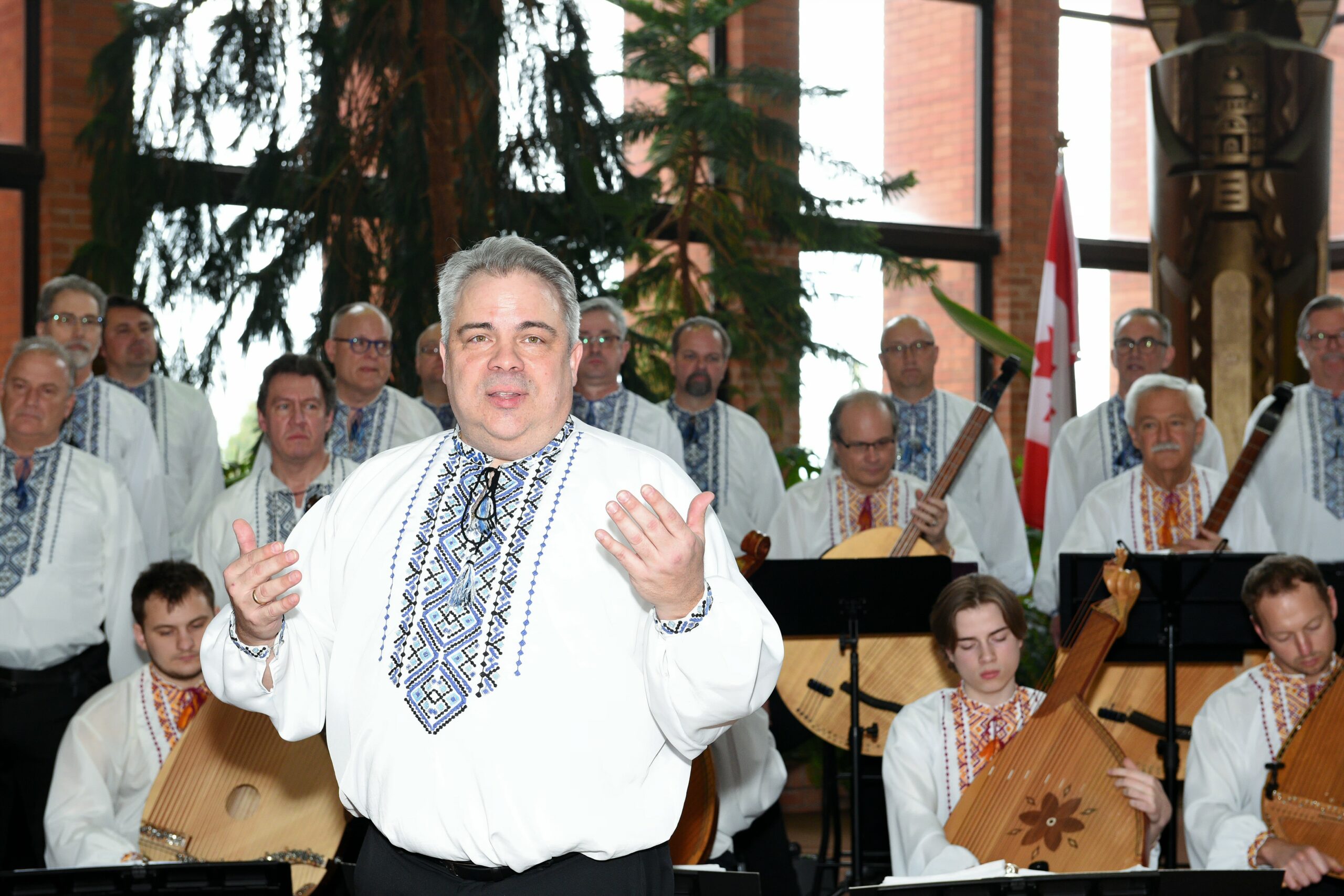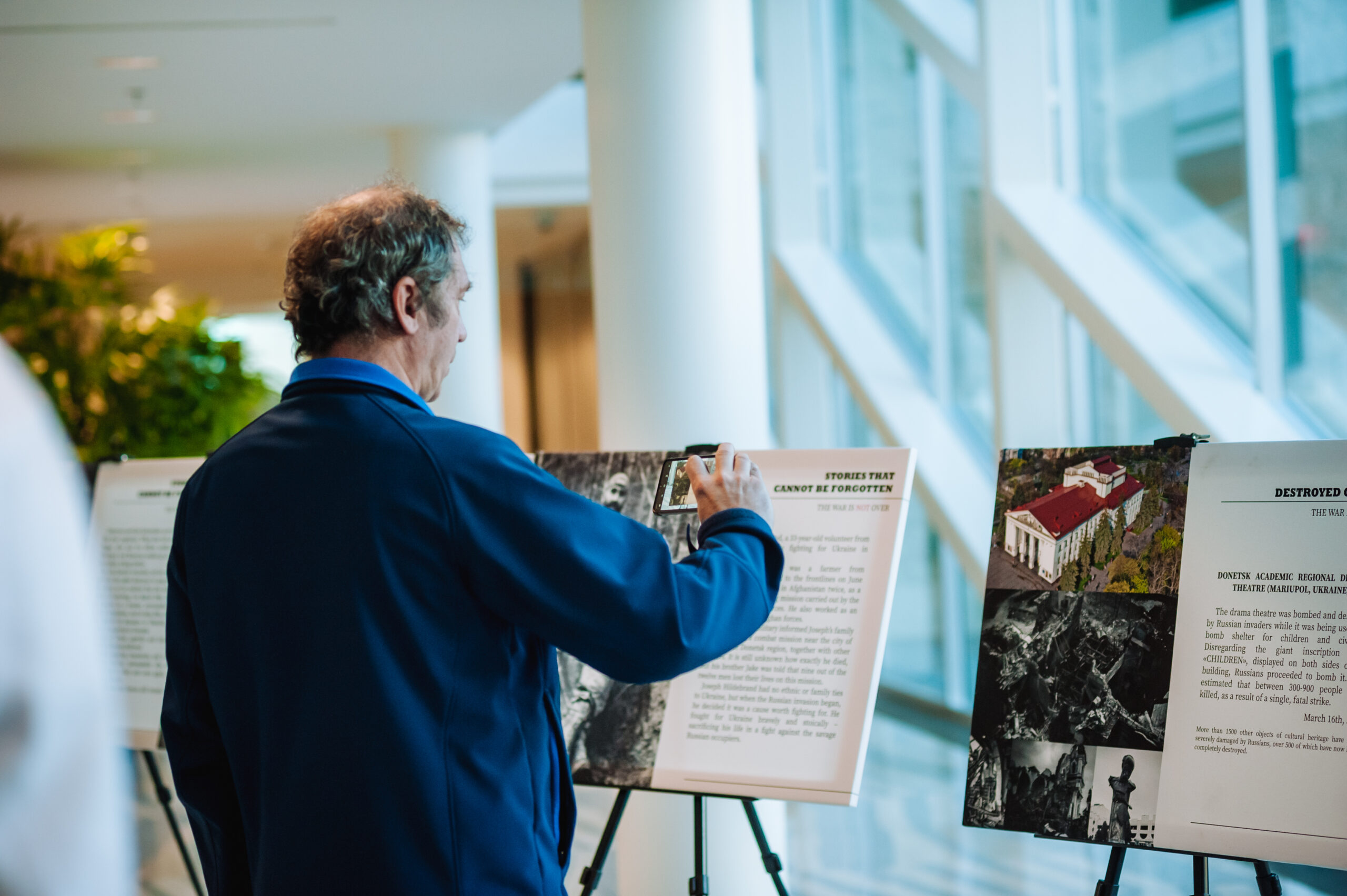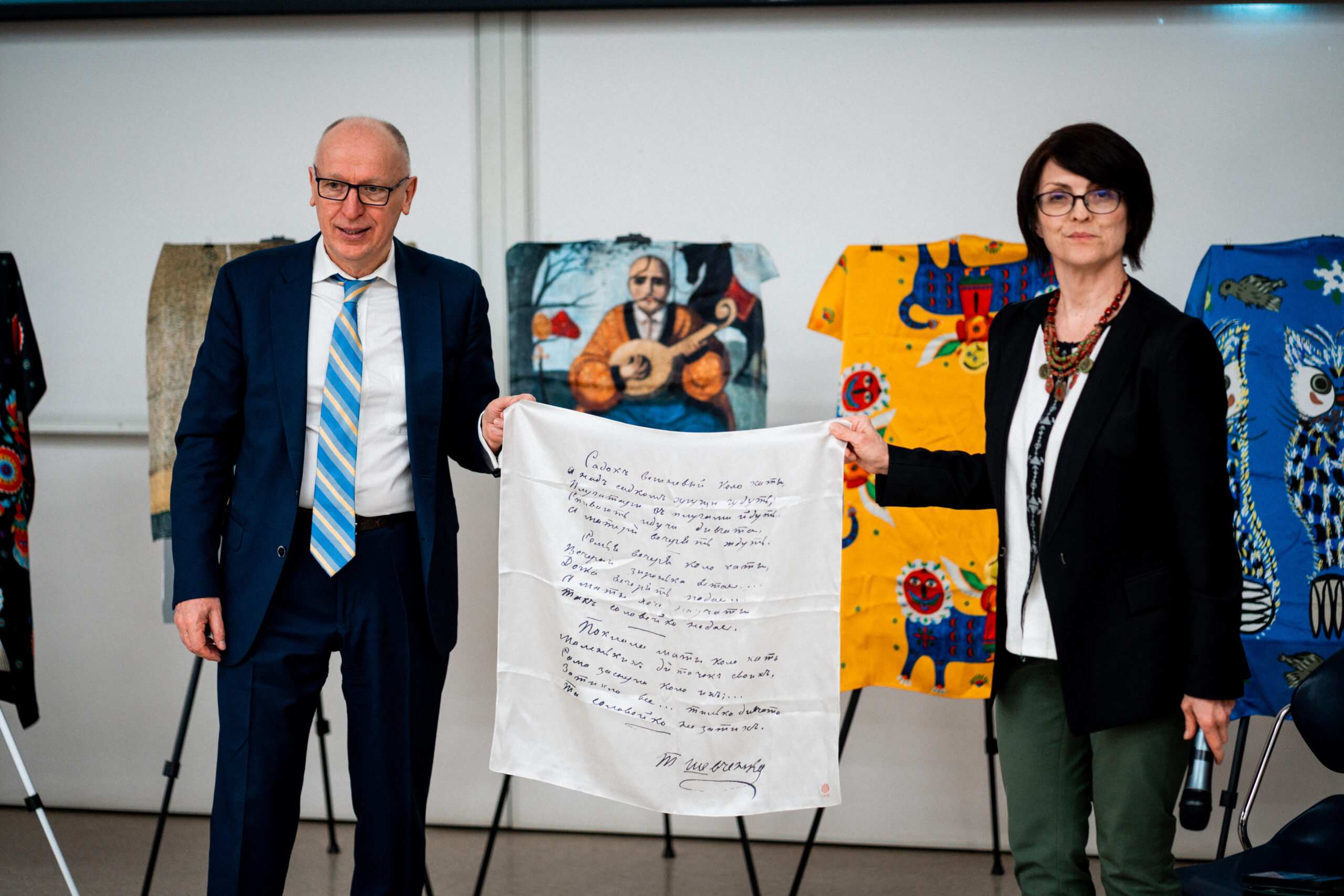When this issue arrives at your doorstep, only 36 days will remain before project CTO (which reads “sto” and means One Hundred) begins across Canada with a “wave” of plaque openings from coast to coast. Twenty-four sites will be unveiled at 11 a.m. (local time), on Friday August 22, 2014. They will start in Amherst, Nova Scotia, and end in Nanaimo, British Columbia: two of the sites where Ukrainians and other Europeans were imprisoned as “enemy aliens” during Canada's first national internment operations of 1914-1920.
This will be the first time in Canadian history that 100 bi-lingual plaques are unveiled on the same date across the country. And for a good reason: that date is the 100th anniversary of the passage of Canada’s War Measures Act, the statute of the Canadian Parliament which provided the legal framework for the internment of thousands of innocent Ukrainian-Canadian men, women, and children, and the registration of tens of thousands more as “enemy aliens”. They were interned not because of any wrong-doing but only because of where they had come from: they were former citizens of Austro-Hungary and because Canada was at war with the Empire, they too felt the indignation of suspicion. This suspicion was however not needed for as Paul Wacyk of Komarno, Manitoba wrote to R. Fletcher, the then Deputy Minister of the Department of Education in Winnipeg in November 1914: “I have heard no movement on the part of the people here which would in any way indicate that they were disloyal to the British Empire.” This loyalty remained even after the war when only a hand-full of people decided to leave Canada due to their internment.
The forced labour of these thousands of young men and women helped build Canada: Canada’s farmers were able to rely on cheap labour and the interned helped build the Banff National Park. Conditions were not only harsh and abusive but also lasted two years after the war ended. This was the first time in Canadian history that Ukrainians were identified as enemies to a country that they helped build.
As the Ukrainian Canadian Civil Liberties Foundation’s (UCCLA) chairman, Roman Zakaluzny, stated: “This national commemorative exercise should bring to mind not only what happened during the First World War but also how the very same War Measures Act would be used against our fellow Japanese, German, and Italian Canadians in the Second World, and in Quebec in 1970. We should all be reminded of the need to remain ever-vigilant in defence of our civil liberties and human rights, particularly in periods of … crisis.”
This tragic moment should be remembered by all Ukrainian-Canadians. P. Yasnowskyj, a former prisoner, stated “Memories of the camp gradually begin to fade away…[but] one could never really forget it…”. It is also a symbol of what we, as a community and culture, have endured to become what we are today. This story should remind us of how Canada has changed and evolved into the country currently known for its multiculturalism and openness.
The CTO project, organized by the UCCLA and led by Professor Lubomyr Luciuk, has been supported by a grant from the Endowment Council of the Canadian First World War Internment Recognition Fund (www.internmentcanada.ca).
For a complete list of all CTO sites and for more information on Project CTO Click Here
Share on Social Media



































